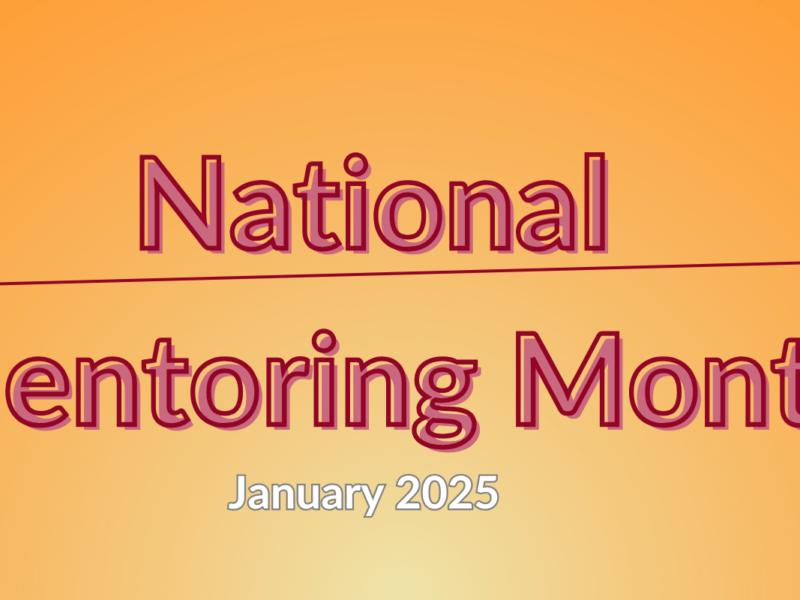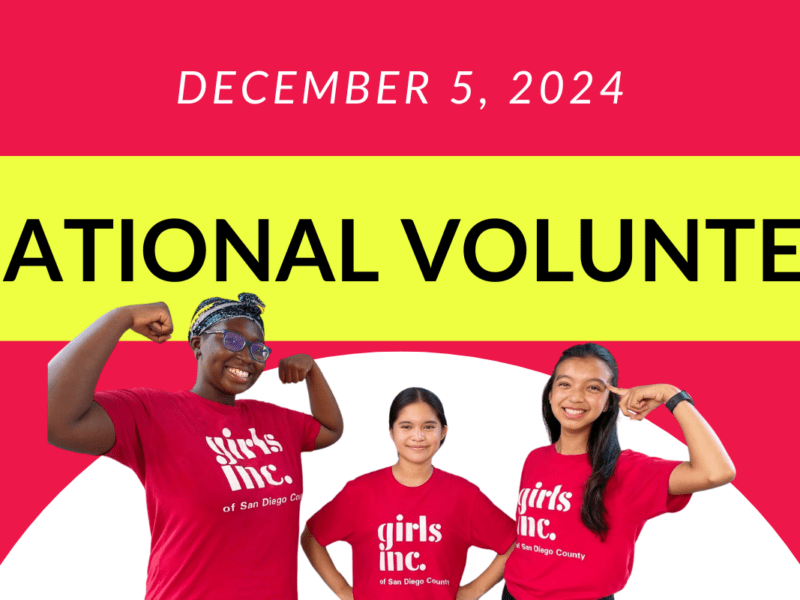When girls take the lead, we all advance
Girls are innately powerful. In recent years many examples of impressive girls and young women—Greta Thunberg, Emma Gonzalez, Jazz Jennings, Yara Shahidi, Malala Yousafzai, and many others—have demonstrated the kind of leadership that girls can provide, once they get the support and experience that helps them make the most of their potential.
We know the next generation of leaders will comprise more women than at any time in history—including women of color, many of whom will start out at a socioeconomic disadvantage. This means that more girls, and more girls of color, need to be prepared to step into leadership roles. Women have never, until the current generation, had the seat at the table that they deserve. All girls should be prepared to lead now that opportunities are beginning to open to women in unprecedented ways.
Despite the inherent promise that girls represent, tremendous challenges still stand in their way: obstacles to their physical and socio-emotional wellbeing (62% of girls are sexually harassed at some point in high school); inequities in educational opportunities (fewer math and science courses are available to girls of color and low-income girls), and the “adultification” and criminalization of black girls (there are pronounced racial disparities in school discipline and the juvenile court system).
So what does it take not only to stem these losses, but to create the conditions for girls to step into leadership positions in business, politics, and their communities? Following a research study conducted by the American Institutes for Research (AIR), Girls Inc. released Stronger, Smarter, Bolder: Girls Take the Lead, which recommends four crucial supports that allow girls to realize their potential: the right relationships; encouragement to develop and use their voices; a positive self-image; and intellectual confidence.
THE RIGHT RELATIONSHIPS TO ENHANCE LEADERSHIP
When girls have models of success and the perspectives of strong women, their perception of their own intrinsic value and power increases. Mentors and role models help girls push past gender stereotypes, strengthen their confidence, and brighten their outlook on the future. According to the National Mentoring Partnership, quality mentoring relationships have powerful positive effects on young people in their personal, academic, and professional lives. When girls understand that they matter to someone, that they have someone on their side and encouraging them, and that they are not alone in dealing with the challenges they face, they can thrive — and feel confident in their own leadership potential.
ENCOURAGEMENT TO DEVELOP AND USE THEIR VOICES
When nurtured and given opportunities, girls are amazing advocates for themselves, for each other, and for important issues. Unfortunately, girls receive messages very early that speaking their mind or disagreeing with others makes them less likeable. For Black girls, assertiveness can even place them at heightened risk for school discipline. When we change these conditions, and help girls develop the confidence, knowledge, and skills to get their point across, we strengthen their ability to achieve success in changing their own lives and their communities.
A POSITIVE SELF-IMAGE
Confident, self-assured girls appreciate themselves and make choices that promote and prioritize their well-being. To lead and thrive, girls need to be emotionally strong. Yet the prevalence of depression and anxiety is increasing among teen girls in the U.S. and Canada. This trend is partially attributed to the increased use of digital and social media and the sexualization of girls. Girls who feel good about themselves have the courage to take on challenges and the resilience to bounce back after setbacks. They know their strengths and want to contribute fully to the world.
INTELLECTUAL CONFIDENCE
For girls who are ready to lead, learning is a habit of mind that will allow them to grow throughout their lives, across all fields. While girls continue to earn better grades than boys, they also face a number of biases early in their education that negatively affect their educational performance and career choices. Further, significant racial and socioeconomic disparities in girls’ educational achievement persist. Instilling a love of learning in all girls means they will embrace challenge and discovery in their lives and become the next generation of leaders who will solve our greatest challenges.
In truth, the work that best supports girls is more a matter of providing them with opportunity than of empowering them. Girls are already powerful. They are leaders. Every day, they are bringing people together, standing up for their values and beliefs, and working to change the world for the better. As we work towards solutions to the complex, rapidly changing issues of tomorrow, it is imperative that we harness the full participation of women and girls. We can and must invest in the promise and potential of girls today.



